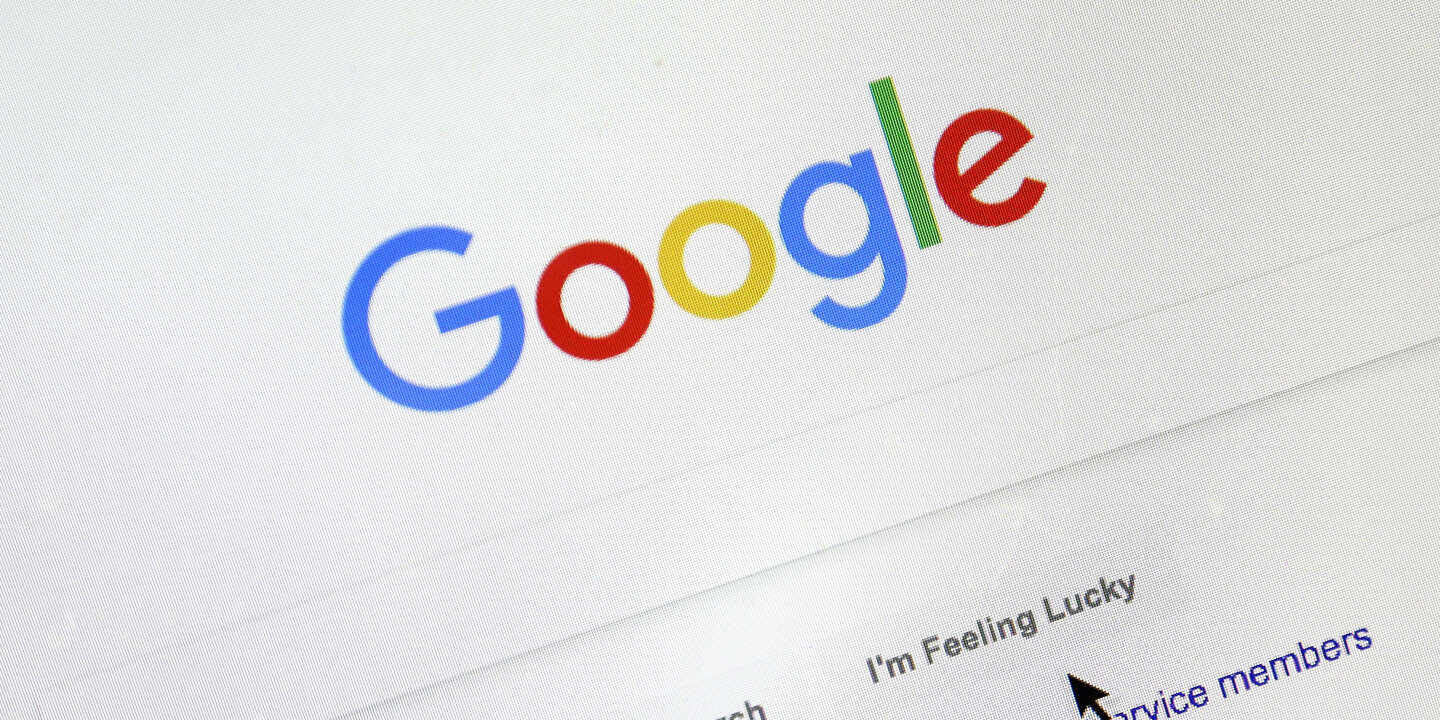This is a confidential but important change for Internet users: Google announced on Wednesday, April 27 that it is now possible, under certain conditions, to request the deletion of pages containing personal information such as a phone number and email address. Or a mailing address or confidential login credentials.
“The internet continues to evolve – information can appear in unexpected places, with new ways to use it – so our privacy policy [des utilisateurs] It also needs to evolve.”And Written in a blog post Michelle Chang, Director of Global Policy for Google Search. The goal set by the company: to reduce harassment or “doxxing”, this malicious practice of tracking and publicly displaying information about an individual’s private life on the Internet, in order to harm them.
In fact, Google has already made it possible to delete some sensitive information, such as a Social Security number or bank details, under certain conditions: an Internet user submitting a withdrawal request must be subject to “threats” or information about it may be used by third parties in context of a harassment campaign. These conditions remain, but therefore the list of information that could be the subject of a withdrawal request is lengthy, as can be seen in The page dedicated to this question in the search engine help center.
13% of applications accepted
We will continue to evaluate all content on the affected page [par la demande de retrait] To ensure that we will not limit the provision of information that may be useful, for example, in press articlessays Michelle Chang. We will also evaluate whether this content appears in public documents, government websites, or other official sources. If so, we won’t start pulling out. »
For the tech giant, the idea remains to find the right balance between legitimate pull requests on the one hand, and those that aim to remove items that annoy the people involved, on the other hand, but may be necessary for the people involved. general interest. Currently, only 13% of write-off requests are successful, M . explainsme Chang In an interview with Reuters news agency. The official expects, however, that the new policy implemented will increase this percentage.
In this interview, as in her blog, the head of Google recalls that the information that no longer appears on the search engine pages has not disappeared from the Internet: we can often find this information through other engines, for example. To see the information disappear permanently, it is recommended to contact the site that hosts it directly.

“Professional food nerd. Internet scholar. Typical bacon buff. Passionate creator.”





